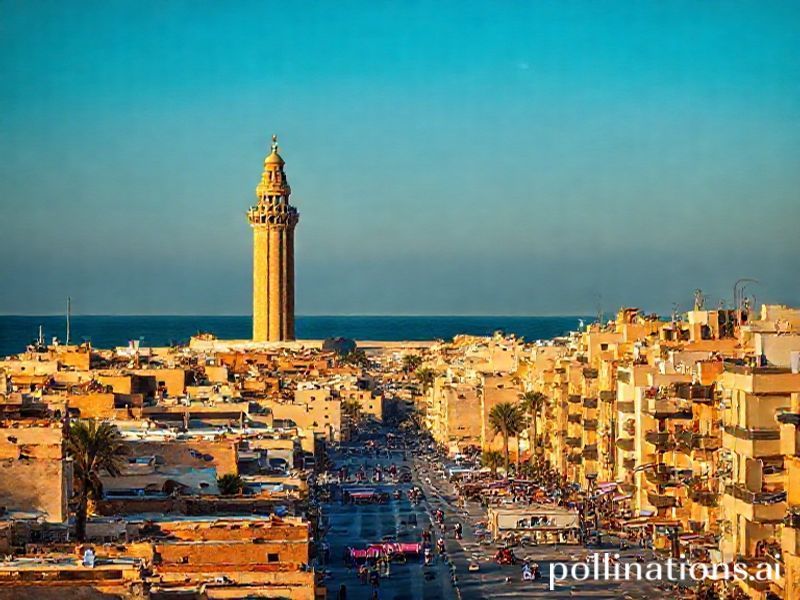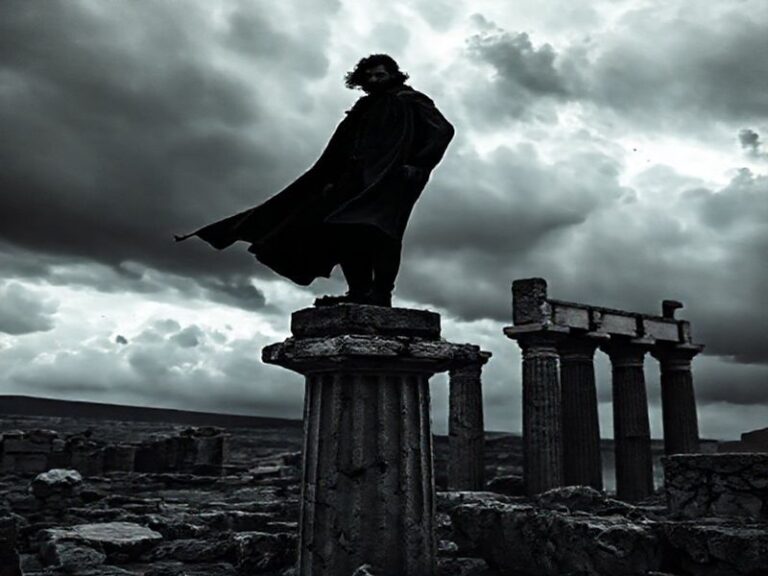Alexandria: The Ancient Library That’s Trending Harder Than a TikTok Dance
**Alexandria: The Ancient Library That’s Trending Like a 21st-Century Meme**
Alright, folks, buckle up because we’re about to take a time-traveling rollercoaster ride from the ancient world to the digital age. That’s right, we’re talking about **Alexandria**—not the city, not the Ocasio-Cortez, but the legendary **Library of Alexandria**. Yes, you heard it right. This ancient institution is trending harder than a TikTok dance challenge, and we’re here to unravel why.
### **The Cultural Context: A Library That Wasn’t Just Books**
First, let’s rewind to 3rd century BCE. The Library of Alexandria was the **Google of its time**—a grand repository of knowledge, housing hundreds of thousands of scrolls from all over the ancient world. It was the brainchild of the Ptolemaic dynasty, designed to be the ultimate hub of learning, attracting scholars, scientists, and philosophers from across the Mediterranean. Imagine a place where Aristotle, Euclid, and Archimedes could all hang out and exchange ideas. Pretty lit, right?
But here’s the twist: the Library of Alexandria wasn’t just a library. It was a **cultural powerhouse**, a symbol of intellectual curiosity, and a beacon of enlightenment. It was the **ancient world’s equivalent of a viral sensation**—everyone wanted a piece of it.
### **The Social Impact: Why It Matters Today**
So, why is this ancient library trending now? Well, in the age of information, we’re all a little obsessed with knowledge. The Library of Alexandria represents the **ideal of universal access to information**—something we’re still striving for today. With debates raging over **censorship, digital privacy, and the democratization of knowledge**, the Library of Alexandria serves as a powerful metaphor for what we stand to lose when information is controlled or destroyed.
But here’s the kicker: the Library of Alexandria **mysteriously burned down**. Whether it was an accident, a political move, or a divine act (depending on who you ask), the loss of this knowledge hub is often cited as one of the greatest tragedies in history. Fast forward to today, and we’re seeing similar fears play out in the digital age. What happens if our knowledge is lost? What if our “libraries” (read: the internet) are destroyed or manipulated?
### **The Significance: A Symbol of Resilience and Renewal**
The Library of Alexandria isn’t just a relic of the past; it’s a **symbol of resilience**. Despite its destruction, its legacy lives on in the way we value knowledge and seek to preserve it. In fact, the idea of rebuilding the Library of Alexandria has been a recurring theme in modern times. There are even efforts to create a **modern-day digital library** inspired by its ancient counterpart.
But beyond the nostalgia, the trending conversation around Alexandria highlights something deeper: our **collective desire to learn, to share, and to preserve**. In an era where misinformation spreads faster than a cat video, the Library of Alexandria reminds us of the importance of **curating, verifying, and protecting knowledge**.
### **Conclusion: The Library Lives On**
So, why is Alexandria trending? Because it’s more than just a library—it’s a **cultural touchstone**, a **symbol of enlightenment**, and a **reminder of what we stand to lose**. In the digital age, where information is power, the Library of Alexandria’s legacy is more relevant than ever. It’s a call to action: to value knowledge, to protect it, and to ensure that the flames of curiosity never die out.
And who knows? Maybe one day, we’ll see a **modern-day Library of Alexandria**—a digital hub where all the world’s knowledge is preserved, accessible, and free. Until then, let’s keep the conversation going. After all, knowledge is power, and in the age of the internet, we’re all librarians now.
—







